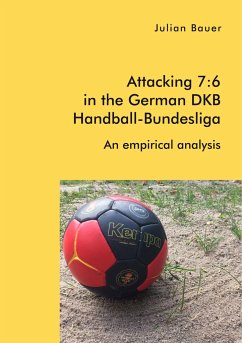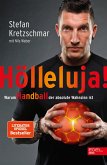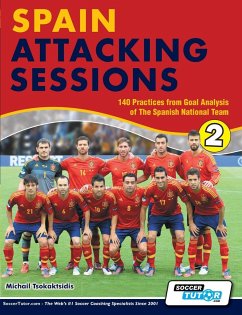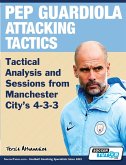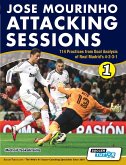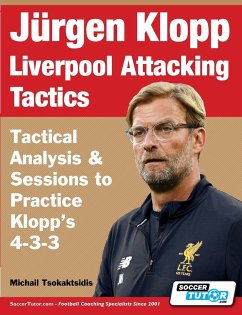The aim of the study is to investigate the effect an implementation of a 7th court player has on the efficiency to score for teams of the German DKB Handball-Bundesliga. The study will fill the gap in analyzing the changes following the amendment of rule 4:1 with the highest number of cases (n= 2,336) of all studies published yet with a qualitative as well as quantitative, mixed-methods design. Moreover, practical training and coaching implications will be discussed. A measurement theoretical approach will be performed together with interference statistical connections. The variable, goal or no goal, will be the dichotomous variable in a cross sectional design.
The sample consists of all DKB Handball-Bundesliga teams that were part of the first league during the last 2 years since the amendment of rule 4:1. This led to 15 teams having 2 years and 6 teams having 1 year of analysis due to relegation. Change of ball possession was the category, which defined a finished attack. An exception was made for 7m penalties awarded in the respective player constellation.
The sample consists of all DKB Handball-Bundesliga teams that were part of the first league during the last 2 years since the amendment of rule 4:1. This led to 15 teams having 2 years and 6 teams having 1 year of analysis due to relegation. Change of ball possession was the category, which defined a finished attack. An exception was made for 7m penalties awarded in the respective player constellation.

